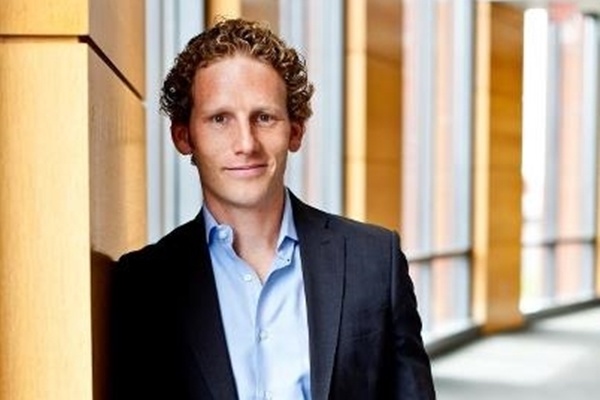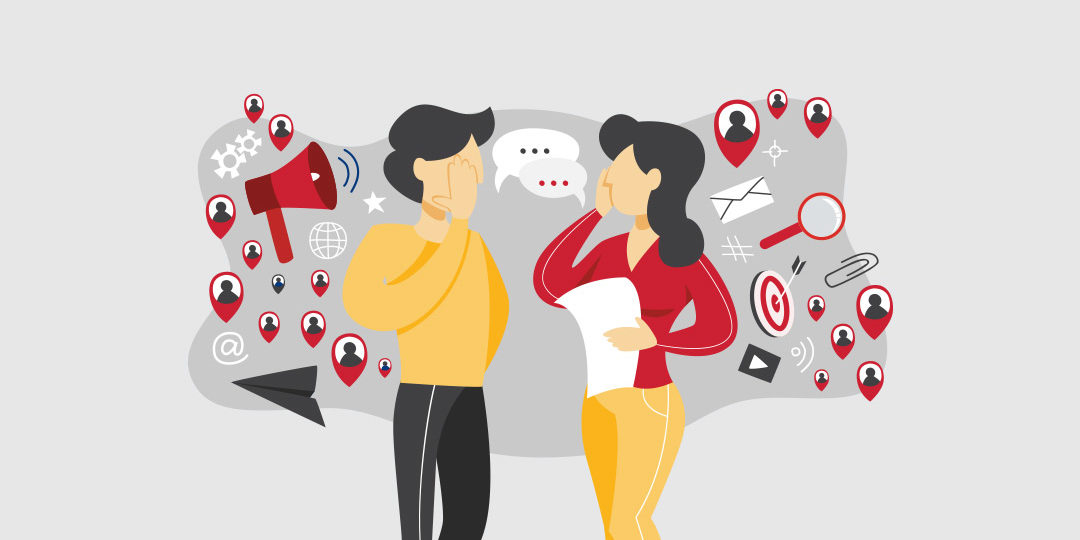By Kaitlin Dunn, Writer, Hospitality Sales & Marketing Association International (HSMAI)
 Jonah Berger has spent more than 15 years studying social influence. A marketing professor at the Wharton School at the University of Pennsylvania, he is the New York Times and Wall Street Journal bestselling author of Contagious: Why Things Catch On and Invisible Influence: The Hidden Forces That Shape Behavior. His research has been featured in The New York Times Magazine’s, and he has consulted for organizations such as Apple, Google, GE, Coca-Cola, Vanguard, 3M, and the Gates Foundation, helping them to drive new products, sharpen effective messaging, and develop marketing strategy.
Jonah Berger has spent more than 15 years studying social influence. A marketing professor at the Wharton School at the University of Pennsylvania, he is the New York Times and Wall Street Journal bestselling author of Contagious: Why Things Catch On and Invisible Influence: The Hidden Forces That Shape Behavior. His research has been featured in The New York Times Magazine’s, and he has consulted for organizations such as Apple, Google, GE, Coca-Cola, Vanguard, 3M, and the Gates Foundation, helping them to drive new products, sharpen effective messaging, and develop marketing strategy.
Berger will bring that expertise to HSMAI’s Marketing Strategy Conference on Jan. 22 in New York City, where he will present a general session. Recently, he talked to HSMAI about what he wants to impress on attendees.
What will your presentation be about?
Everyone has something they want to catch on. It might me a particular hotel or resort that they’re trying to make more successful. It might be an idea they want to share, or it might even be a service they want to offer at their hotel. Everyone has something they want to succeed and to catch on. The question is, how do we do that?
It’s not about advertising or having the highest-quality offering. It’s about social influence and word-of-mouth. The reason things succeed is that people talk to each other. What I’ll talk about is the science behind word-of-mouth — why people talk, why they share, and how it leads all sorts of products and ideas to succeed. I’ll share six key ways the audience can use to get anything to catch on.
What is the one thing you want the audience to take away from the presentation?
Word-of-mouth is so much more important than you might think. Hotels typically spend a lot of time and money on advertising, but people don’t always trust traditional advertising. They know ads will try to convince them and might not tell it to them straight, but their friend will. If your friend says something, you’re much more likely to trust what your friend says, because they have your best interests at heart. The trust benefit of word-of-mouth, and the target benefit makes it much more impactful, so I just want them to understand how important word-of-mouth is.
How do your life experiences contribute to where you are now in life?
I grew up studying the hard sciences — I thought I wanted to be an environmental engineer, but I was lucky enough to take a psychology class and learned a lot about behavioral science. Now I get to apply the rich tools of behavioral science, such as data analysis, experimentation, and statistics, to the social sciences.
I’m quite excited about the event and sharing the science and the stories with the audience, and I look forward to seeing everyone there.
